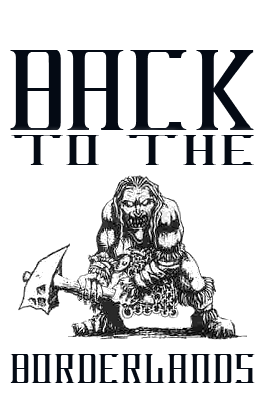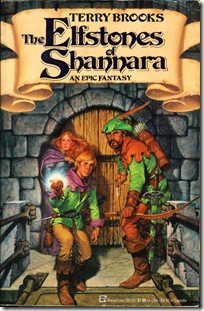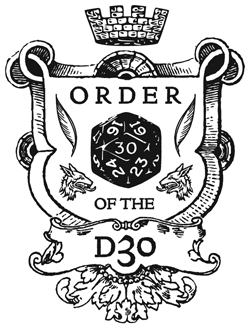It's been a long time since I've bothered to purchase an official Dungeons & Dragons product. Since the debut of third edition in 2000, there has been nothing that WOTC has produced that has interested me, as the game is not the D&D that i know and love. I have never been able to make that leap. I like my D&D old school, thank you very much. I haven't paid much attention to the new 5th edition, but tonight I downloaded the basic rules to see what the new version is like. That's when I ran across this...
Finding a Hidden Object When your character searches for a hidden object such as a secret door or a trap, the DM typically asks you to make a Wisdom (Perception) check. Such a check can be used to find hidden details or other information and clues that you might otherwise overlook. In most cases, you need to describe where you are looking in order for the DM to determine your chance of success. For example, a key is hidden beneath a set of folded clothes in the top drawer of a bureau. If you tell the DM that you pace around the room, looking at the walls and furniture for clues, you have no chance of finding the key, regardless of your Wisdom (Perception) check result. You would have to specify that you were opening the drawers or searching the bureau in order to have any chance of success.
Why in the world would you need to roll for a perception check to find a key "hidden" under some folded clothes? If you searched the drawers, I'd rule that you found it, period.
Next I came across the spell lists, and that's when my jaw just hit the ground. Here's the list of Magic-User ( sorry, it's now Wizard) cantrips. Remember cantrips, those useless little spells you used for about a week before realizing they were pointless?
Cantrips (0 Level) Acid Splash, Dancing Lights, Fire Bolt, Light, Mage Hand, Minor Illusion, Poison Spray, Prestidigitation, Ray of Frost, Shocking Grasp
And these are just the cantrips, three of which can be cast by a 1st level wizard! And it gets even worse...
You prepare the list of wizard spells that are available for you to cast. To do so, choose a number of wizard spells from your spellbook equal to your Intelligence modifier + your wizard level (minimum of one spell). The spells must be of a level for which you have spell slots. For example, if you’re a 3rd-level wizard, you have four 1st-level and two 2nd-level spell slots. With an Intelligence of 16, your list of prepared spells can include six spells of 1s or 2nd level, in any combination, chosen from your spellbook.
I had to read that a few times just to make sure I was understanding it correctly. Six second level spells for a 3rd level wizard, plus three "cantrips"?!
This is still not the D&D I know and love.






